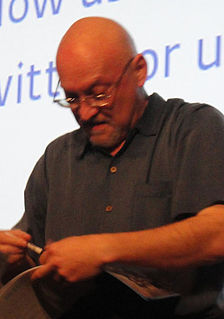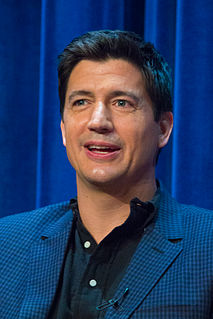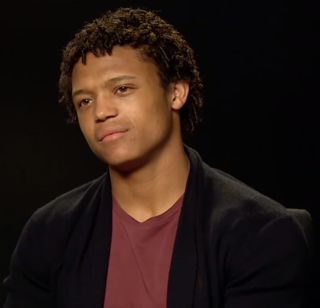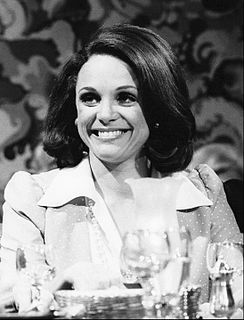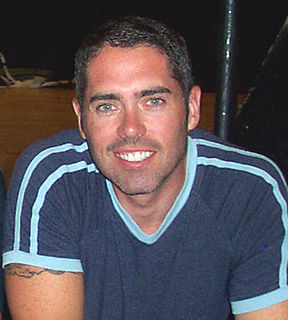A Quote by Gugu Mbatha-Raw
You've got to find a way to relate to people. I just did an improvised episode for Joe Swanberg's new Netflix show, 'Easy,' and it was a huge learning curve for me and taught me so much about fear and courage. But when you're present in the moment, the audience, it's incomparable.
Related Quotes
I'm still learning. It's all a learning curve. Every time you sit down, with any given episode of any given show, it is a learning curve. You're learning something new about how to tell a story. But then, I've felt that way about everything I've ever done - television, features or whatever. Directing or writing, it always feels like the first day of school to me.
My mother was a continual source of wisdom and great advice...she taught me that there is always a way around a problem-you've just got to find it. Keep trying doors; one will eventually open. She also taught me to accept failure as part and parcel of life. It's not the opposite of success; it's an integral part of success. I talk a lot about learning to become fearless in your approach to life. But fearlessness is not the absence of fear. It's the mastery of fear. It's all about getting up one more time than you fall down.
To go from working with a group of people in a sketch-comedy show on a small network, where it was all about just creating funny stuff, to being on a network show, and the pressures of that, and getting to know the new people who were involved in it. There was a learning curve for me. But it was an education.
I am wary of repeating myself too much. In this age of Netflix, as a Netflix show, if you want to go back and watch a season 1 episode, you can do that easily. I'm not interested in repeating the same story beats over and over and over again. But part of the truth of BoJack story is about how much he repeats himself and these patterns that are difficult to get out of. I'm trying not to be evasive about that. I'm not using that as an excuse. I think that's convenient to fall back on as a TV writer: "Oh, it's a show about stagnation."
It's so much better for me to do a talk show. You still have that energy of the audience, and the audience is just as important as that guest that's sitting next to me. It's not about me and that guest exchanging energy and talking. It's about everything that's going on in that room, and they're as much a part of the show as anything. I like this better than anything I've ever done.
I was in South Africa, and Joe [Wright] asked the same exact question that you just asked: "Have you ever seen an episode of Black Mirror?" I went back and played the video for Joe. The episode that I did is called "Nosedive," and it was a year to the week from when I first watched it. It was just very bizarre, this very weird coincidence.
Joe [Wright] reached out to me and sent me a treatment, and I said yes on the spot just from the treatment. Within six weeks, I was in Cape Town and there was a script [of Black Mirror episode 'Nosedive'], but I didn't realize until I received the full script that Rashida [Jones] and Michael [Schur] had worked on it. It's a particularly funny episode. Joe and I always looked at it as a satire; it has a lot of comedic elements to it.
What Jesus taught was a radical message of welcome and inclusion and love. I feel certain God loves me just the way I am, and I have a huge sense of calling to communicate that to young people. When I think of myself at 13, sobbing into that carpet, I just want to help anyone in that situation to not have to go through what I did, to show that instead, you can be yourself – a person of integrity.
Doing this web show - people underestimate what it takes to do a web show successfully. They underestimate the amount of work that you have to do to get it to your audience after it's made. I think you have to work so much harder, especially if you don't have a huge budget. You have to know how to get your audience engaged, because the Internet is so distracting, and there are so many choices. People, even if they love your show, will forget to go back for episode four, because you know, people are busy.
Ultimately, we as a band just write what we write. Some of it's very serious, and even in the serious songs, there's sometimes an angle of levity. I think that's just how we communicate naturally and to shy away from that would be, first of all, boring for me, but also it wouldn't ring true to who I am or the way I relate to people or the way we relate to people as a band or the way we relate to the audience. Humor is a big part of it, but we also take our craft very seriously.

